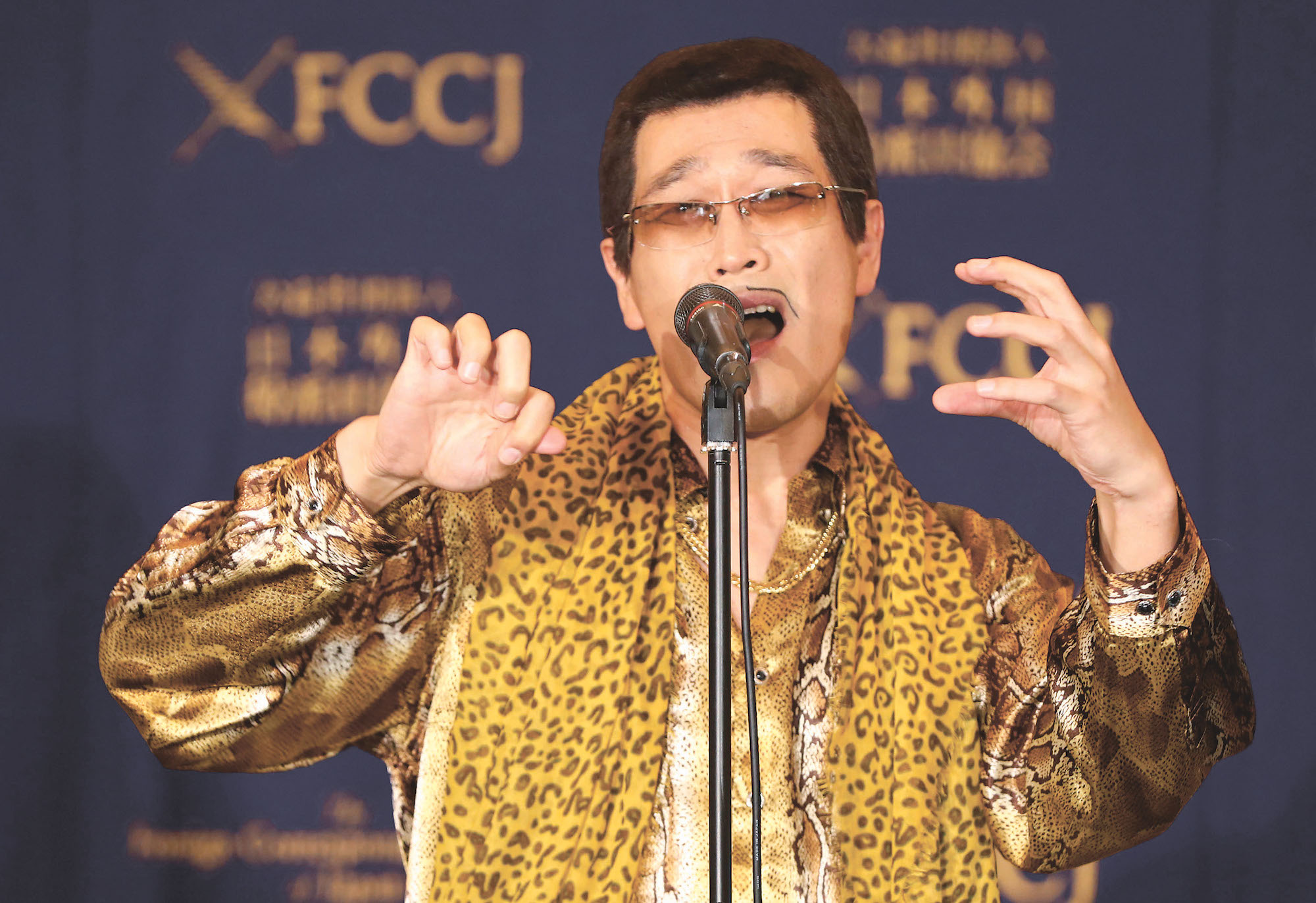The 30 nominees for Japan's top buzzwords of 2016 were announced Thursday by the Jiyukokuminsha publishing house, covering a variety of new popular terms ranging from the "Shin Godzilla" film to the "Zika fever."
Comedian Pikotaro was just in time to make the list with his "PPAP" music video going viral on social media since September.
The finalists for the 2016 U-Can Shingo Ryukogo Taisho (2016 U-Can New Words and Buzzwords Awards) included many phrases that highlighted the year's cultural trends.



















With your current subscription plan you can comment on stories. However, before writing your first comment, please create a display name in the Profile section of your subscriber account page.